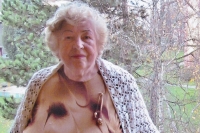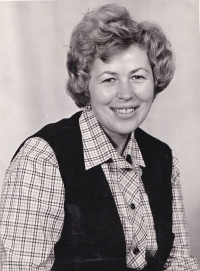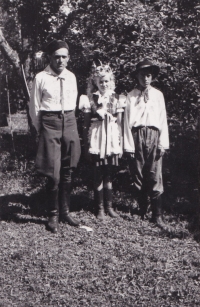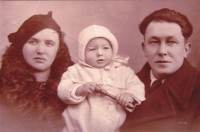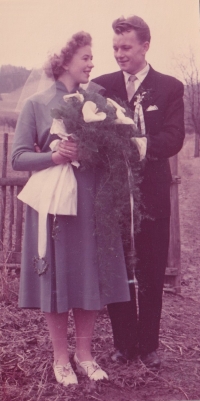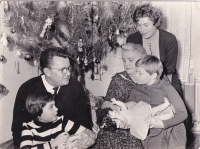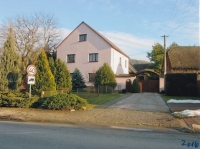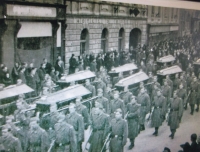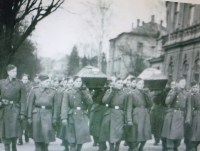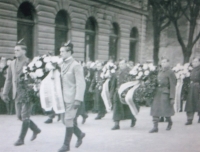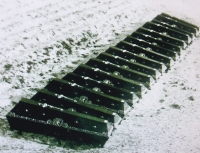The day my uncle was arrested keeps coming back to me.
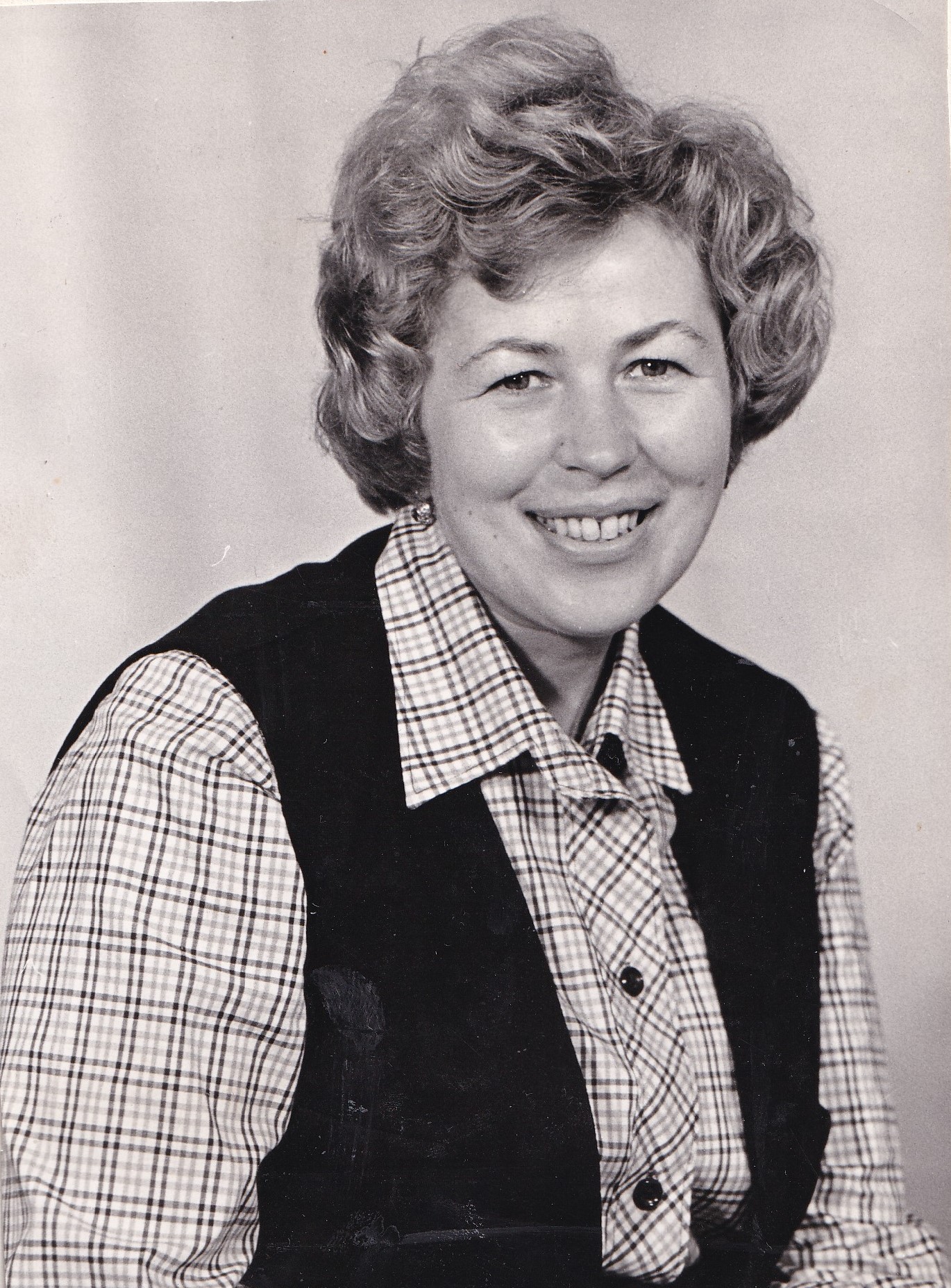
Download image
Kateřina Večeřová was born Kateřina Jurková in Dolní Studénky in the Šumperk district on 10 January 1936. Her parents, Karel and Kateřina, were farmers. Karel Jurka died of meningitis in 1940 and his younger brother Miroslav took over the family farm. He joined a resistance group but its activities were soon revealed. The gestapo arrested Miroslav Jurka and he was executed in Bratrušov together with 15 other men on 31 March 1945. The family did not learn of his fate until January 1946 when the remains of the executed resistance fighters were exhumed. After his death, his sister-in-law Kateřina Jurková took over the management of the farm. The witness experienced the liberation and the deportations of Germans from the Sudetenland. Following February 1948, the communists took the family’s farm away and the witness had to move with her mother and husband to Šumperk where she worked at a research institute testing fabrics and fibres all her life. She and her husband raised two daughters. Kateřina Večeřová lived in Šumperk in 2023.
